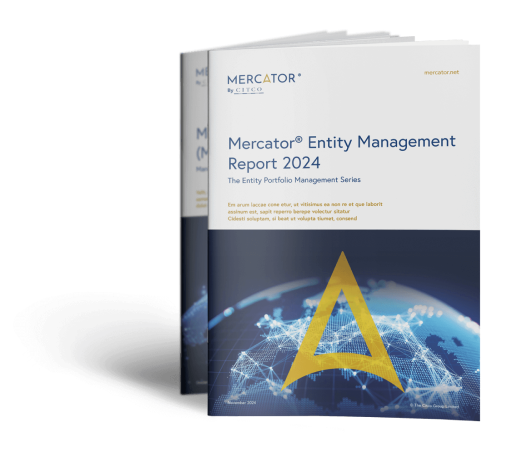The information contained in this document is marketing material and for informational purposes only. The information contained in this document is presented without any warranty or representation as to its accuracy or completeness and all implied representations or warranties of any kind are hereby disclaimed. Recipients of this document, whether clients or otherwise, should not act or refrain from acting on the basis of any information included in this document without seeking appropriate professional advice. The provision of the information contained in this document does not establish any express or implied duty or obligation between Citco and any recipient and neither Citco nor any of its shareholders, members, directors, principals or personnel shall be responsible or liable for results arising from the use or reliance of the information contained in this document including, without limitation, any loss (whether direct, indirect, in contract, tort or otherwise) arising from any decision made or action taken by any party in reliance upon the information contained in this document. © The Citco Group Limited, December 2024.
Common seal is no longer mandated in Singapore
The procedures laid down in Section 41B and 41C of the Companies Act 1967 envisaged execution of documents by companies without using a common seal. Therefore, a document executed either by at least 2 directors, or a director and a secretary, or a director of the company in the presence of a witness who attests the signature is considered to have the same effect as a document executed with a common seal.
In case a seal is required by a specific law or rule, a document signed according the above mentioned provision will still satisfy such law or rule.
Considering the use of common seal in Singapore has been phased out, companies may:
- Refrain from the affixation of its common seal on documents it intends to execute in its resolutions;
- Amend its constitution to remove the requirement to use a common seal.

